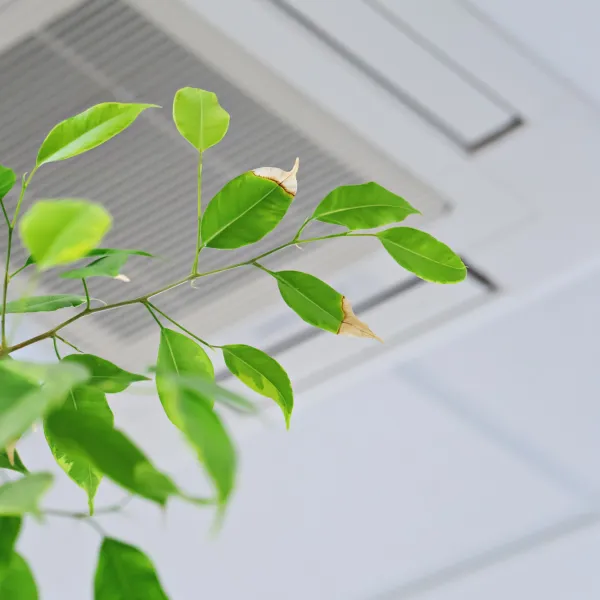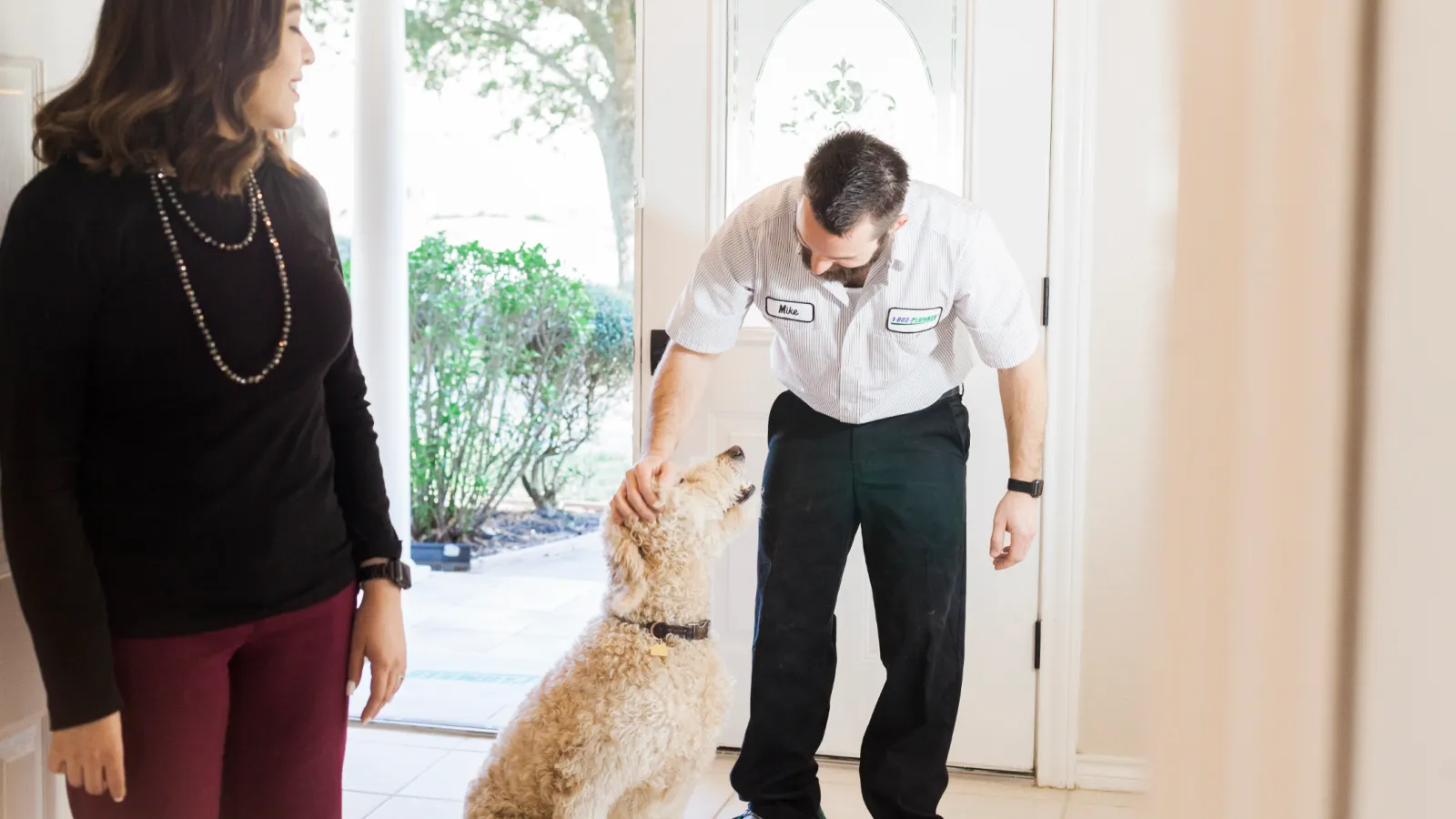Let's get started. Follow along, and you'll be on your way to better air today!
1. Monitor Moisture Levels
Mold, as well as mildew, grow in damp environments. Not only can they create allergies, but they can also cause severe reactions such as allergic reactions that lead to shortness of breath to the point of hospitalization.
As a responsible homeowner, you must constantly monitor the moisture content in the air. Generally speaking, your moisture should be around 35% - 45%. If this is difficult to achieve, you can always utilize a dehumidifier to decrease the moisture level.
Even mild water leaks can exacerbate the problem and quickly trigger mold growth. If you find a leak, don't waste time. Contact a qualified local plumber so the problem doesn't end up costing more than it should.
2. Have Your HVAC System Regularly Inspected
Poor HVAC system maintenance can reduce your home's indoor air quality. Dust and other debris can easily collect in your ductwork and spread throughout your entire ventilation system.
The last thing you want is to circulate contaminated air throughout your house. You are much better off having a professional look at your home's HVAC system for periodic maintenance.
3. Clean the Floors
Sounds simple, doesn't it? As a general guideline, it is good practice to clean your floors at least once a week. Remember that irritants such as pollen, dirt, and other contaminants you pick up on your shoes can easily collect without you knowing.
Aside from mopping or using your Swiffer, it would help if you used your vacuum cleaner-- preferably one with a HEPA filter. They can catch particles to ensure that they aren't released back into your house.
4. Use an Air Purifier
Even if you don't have extreme air quality issues, an air purifier can be a huge help. Air purifiers are devices designed to remove airborne contaminants such as pollen, dust, and pet dander. How do they work?
They pull the air in your home through a series of filters. From there, purified air is circulated back into the room. And although they mostly do an incredible job filtering your air, don't forget to replace the HEPA filter every 12 to 18 months! An old filter significantly reduces an air purifier's effectiveness.
5. Get Some Houseplants
Houseplants are more than just decorations—they can help purify the air in your home. More specifically, they're capable of absorbing toxins, including VOCs (Volatile Organic Compounds). VOCs are a large group of chemicals found in many products we use to build and maintain our homes. Once these chemicals are in our homes, they are released or "off-gas" into the indoor air we breathe.
One interesting side note: you want to ensure that you don't overwater your plants. You don't want the plant soil to be overly damp, as that can promote the growth of harmful microorganisms, canceling the positive effects of all your other efforts.
Improving Indoor Air Quality in Shelton, CT
There you have it! Five tips for boosting interior air quality for our friends in Shelton. As you can see, there is a lot you can do to ensure you are breathing safe air.
At some point, you may need some assistance with your A/C system or maintenance on the pipes in your home. Contact us today to set up an appointment with your Shelton 1800 Plumber! You can also call us at 203-921-1560







